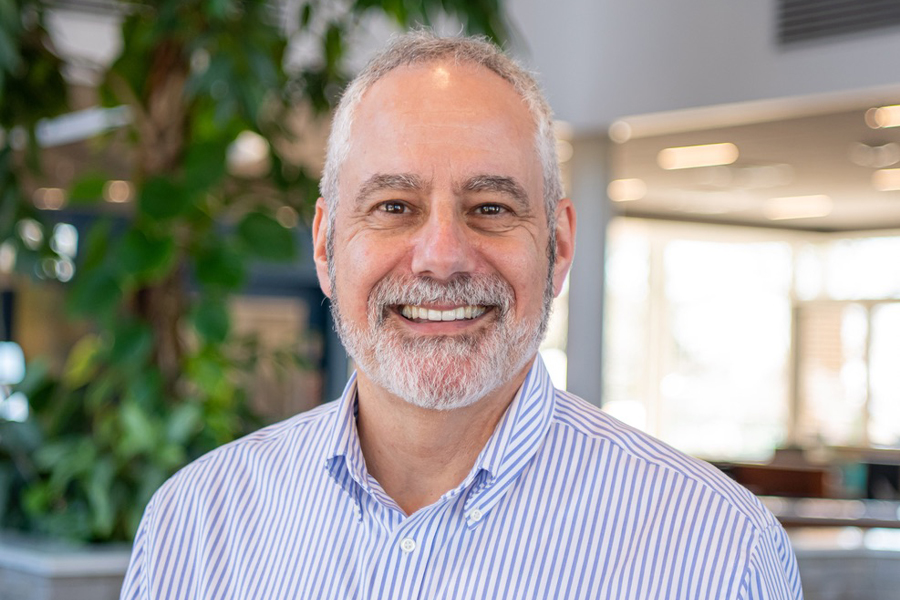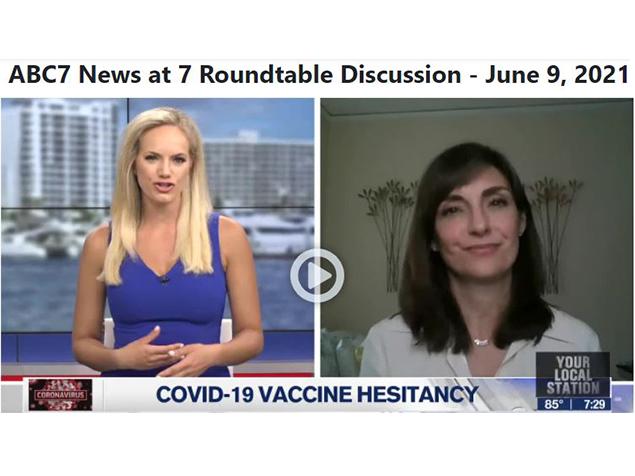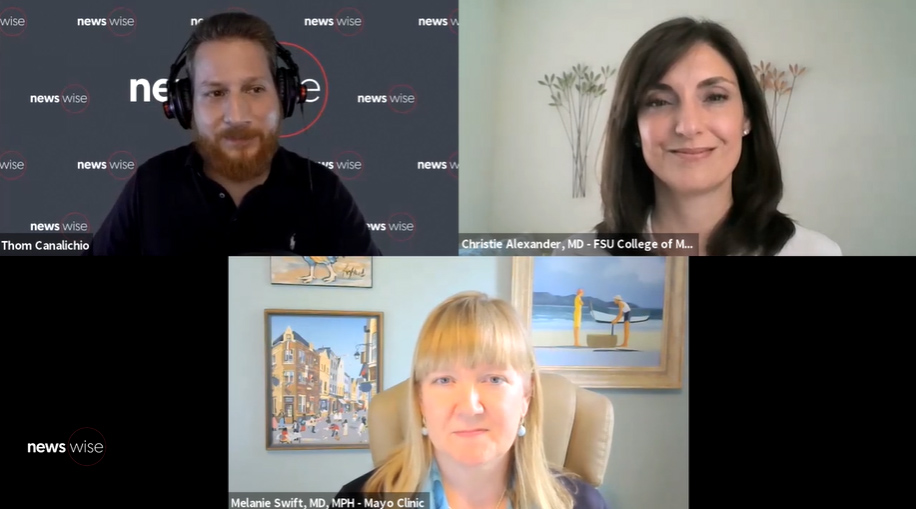Sixteen members of the M.D. Class of 2022 are the newest members of the FSU Chapman Chapter of the Gold Humanism Honor Society.
The Arnold P. Gold Foundation of Humanism in Medicine defines humanism as the link between compassion and scientific competence. Humanism in medicine fosters relationships with patients and other caregivers that are compassionate and empathetic. It describes attitudes and behaviors that are sensitive to the values, autonomy, cultural and ethnic backgrounds of others.
The students selected for the Class of 2022 are listed below, with their regional campuses.
• Stenia Accilien (Fort Pierce)
• Vinita Akula (Orlando)
• Maria Badino (Fort Pierce)
• Dominique Catena (Fort Pierce)
• Shalom Chege (Pensacola)
• Blaire Cote (Tallahassee)
• Mitchell Darnell (Orlando)
• Julie Davila (Daytona)
• Harrison Diaz (Pensacola)
• Shanquell Dixon (Tallahassee)
• Leah Genn (Marianna/Sarasota)
• Je’Coy Hawley (Fort Pierce)
• Laken Johnson (Pensacola)
• Nicholas Ott (Fort Pierce)
• Christopher Pope (Tallahassee)
• Brian Thedy (Daytona)
In addition to the aforementioned 16 selections, two members selected last year as part of the original Class of 2021 – Joey Leonard and Richard Wu – are now in the GHHS Class of 2022.
“It was encouraging to see so many of our students recognized by faculty and staff from across all four years of the curriculum, and their classmates” FSU Chapman Chapter faculty advisors Daniel Van Durme and Suzanne Leonard Harrison wrote in an email announcing the winners. “These students rose to the top as true exemplars of humanism by receiving multiple nominations from faculty, staff and peers in every category demonstrating clinical excellence, service to others, patient-centered approach to care and compassion.”
The Arnold P. Gold Foundation for Humanism in Medicine defines the humanistic doctor as one who demonstrates the following attributes (I.E., C.A.R.E.S.)
• Integrity: the congruence between expressed values and behavior.
• Excellence: clinical expertise.
• Compassion: the awareness and acknowledgement of the suffering of another and the desire to relieve it.
• Altruism: the capacity to put the needs and interests of another before your own.
• Respect: the regard for the autonomy and values of another person.
• Empathy: the ability to put oneself in another’s situation, e.g., physician as patient.
• Service: the sharing of one’s talent, time and resources with those in need; giving beyond what is required.
The group will be formally inducted at the Aug. 6, M.D. Class of 2025 White Coast Ceremony & GHHS Induction Ceremony.




